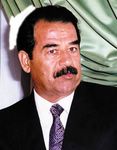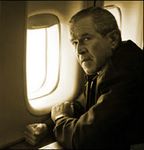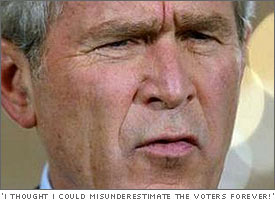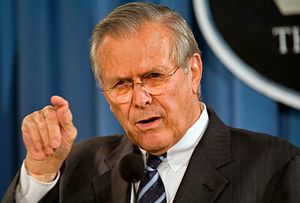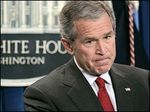Deal to Give Children HIV / AIDS Treatment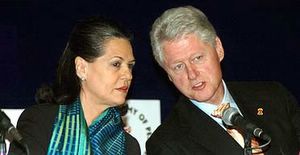
NEW DELHI (AP) -- Former President Clinton announced Thursday that two Indian pharmaceutical companies had agreed to cut the prices of HIV and AIDS treatment for children, making the lifesaving drugs far more accessible worldwide.
The companies will supply drugs for HIV-positive children at prices as low as 16 cents a day, or less than $60 a year, alllowing an additional 100,000 HIV-positive children in 62 countries to receive treatment in 2007, the foundation said.
''This is a great day, but we have a long way to go. We have to make a new commitment that every child and adult would needs treatment should have access'' to the drugs, Clinton said. ''Though the world has made progress in expanding HIV/AIDS treatment to adults, children have been left behind. Only one in 10 children who needs treatment is getting it.''
Clinton announced the deal in a speech at a New Delhi children's hospital at the launch of a new Indian government program to treat HIV-positive children. World AIDS Day is Friday.
Under the drug agreement, the two companies -- Cipla Ltd. and Ranbaxy Laboratories Ltd. -- will supply 19 different antiretroviral formulations for prices about 45 percent less than the lowest current rates for these drugs in developing countries.
Countries including France, Brazil, Chile, Norway and Britain will provide $35 million and the Clinton Foundation HIV/AIDS Initiative will contribute $15 million.
The drugs will be supplied to the governments of the countries where the children live, for distribution through public health and HIV/AIDS prevention programs.


